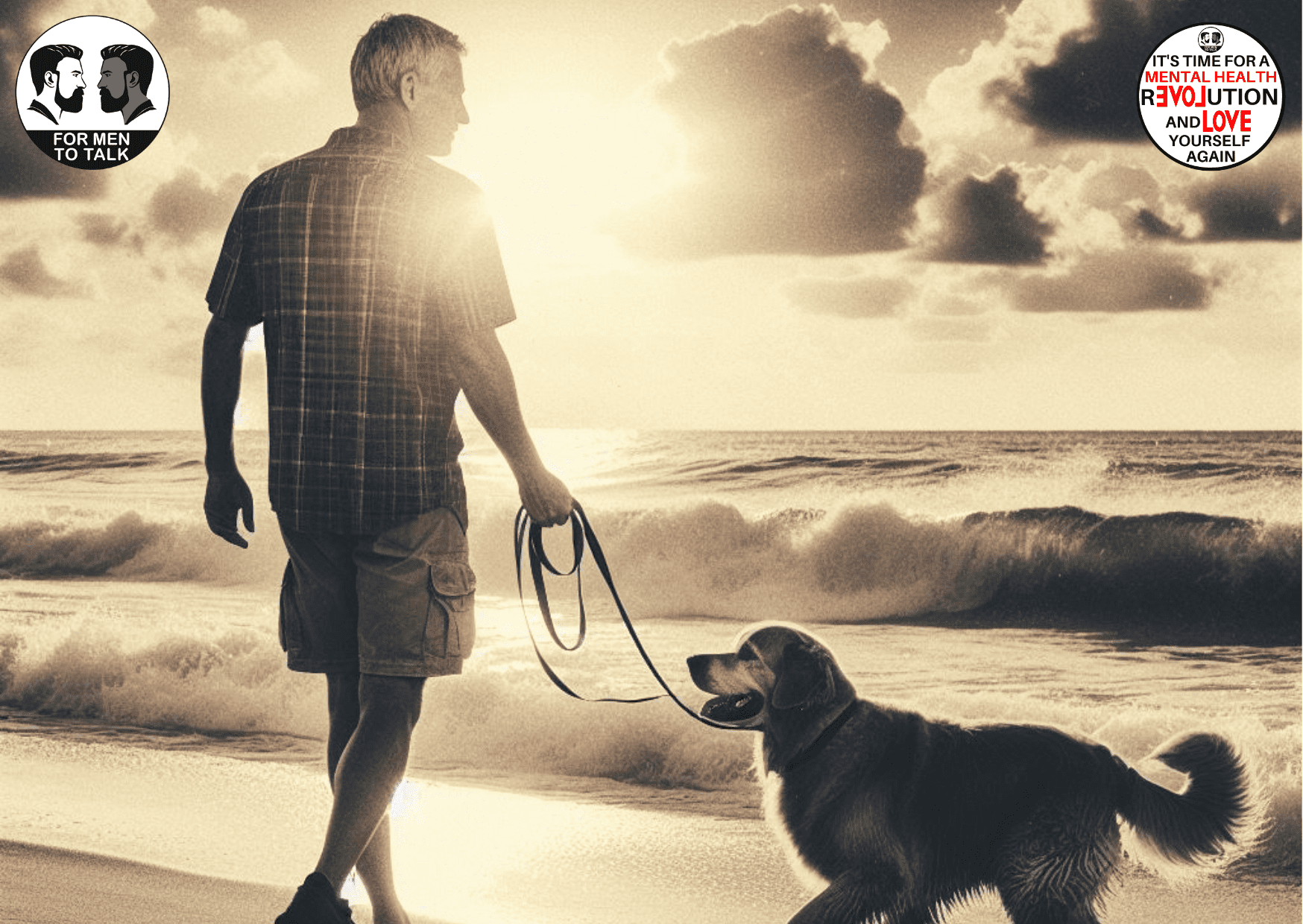Why is a dog a man’s best friend?

A dog is often referred to as ‘man’s best friend’ due to the profound and unique bond that has developed between humans and these loyal companions over thousands of years. This phrase encapsulates the strong emotional connection and mutual benefits experienced by both species. The reasons behind this special relationship are multifaceted and can be traced back to the origins of domestication and the various roles dogs have played throughout history.
One of the fundamental reasons why dogs are man’s best friend is their inherent social nature. Dogs are pack animals, and in the process of domestication, they have evolved to form close bonds with humans, viewing them as members of their pack. This bond is strengthened through mutual trust, affection, and companionship. Humans and dogs share a unique ability to communicate non-verbally, allowing them to understand each other’s emotions and intentions, leading to a strong sense of empathy and understanding between the two species.
Throughout history, dogs have fulfilled a wide range of roles, further deepening their bond with humans. Early humans realised the benefits of having dogs as hunting partners, providing a valuable advantage in tracking, herding and guarding. These shared activities fostered a sense of cooperation and interdependence between humans and dogs, strengthening the emotional bond between them.
As civilisations developed, the roles of dogs expanded. They became protectors of homes and livestock, guardians of property, and even companions to royalty and the elite. The loyalty and devotion displayed by dogs in these roles earned them a special place in the hearts of their human companions. Stories of heroic dogs saving lives or remaining steadfastly loyal in times of adversity have further solidified the image of dogs as loyal and devoted friends.
Beyond practical roles, dogs have also proven to be essential for emotional support and mental well-being. The companionship and unconditional love that dogs offer have been shown to reduce stress, anxiety and loneliness in humans. Interacting with dogs can trigger the release of oxytocin and other feel-good hormones, promoting a sense of happiness and relaxation. The simple act of petting a dog can have a profound impact on a person’s emotional state, creating a powerful bond between human and canine.
Moreover, dogs possess an unparalleled ability to sense and respond to their owner’s emotions. They can provide comfort during times of sadness, celebrate moments of joy and offer a sense of security during times of fear or uncertainty. Their unwavering loyalty and non-judgmental nature create a safe and comforting space for humans to express themselves without fear of rejection or criticism.
Furthermore, the shared history of cooperation and companionship has resulted in a level of understanding and adaptability between humans and dogs that is unparalleled in the animal kingdom. Dogs can learn and respond to human commands, understand and interpret human gestures and adapt to their owner’s lifestyle and routines. This level of communication and adaptability cements the bond and enhances the friendship between human and canine.
In conclusion, the phrase ‘a dog is a man’s best friend’ reflects the deep-rooted emotional connection, loyalty and companionship that has developed between humans and dogs over thousands of years. From their shared history of hunting and survival to the roles they play in modern society as loving companions and emotional support animals, dogs have become an integral part of the human experience. Their unwavering loyalty, empathy and adaptability have earned them a special place in the hearts of humans, making them not just pets but true friends and family members. The bond between a man and his dog is a testament to the power of interspecies relationships and the enduring capacity for love and companionship.